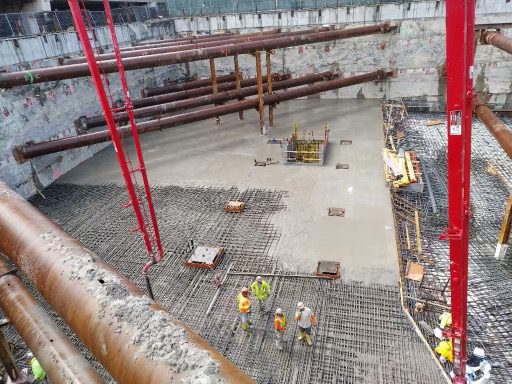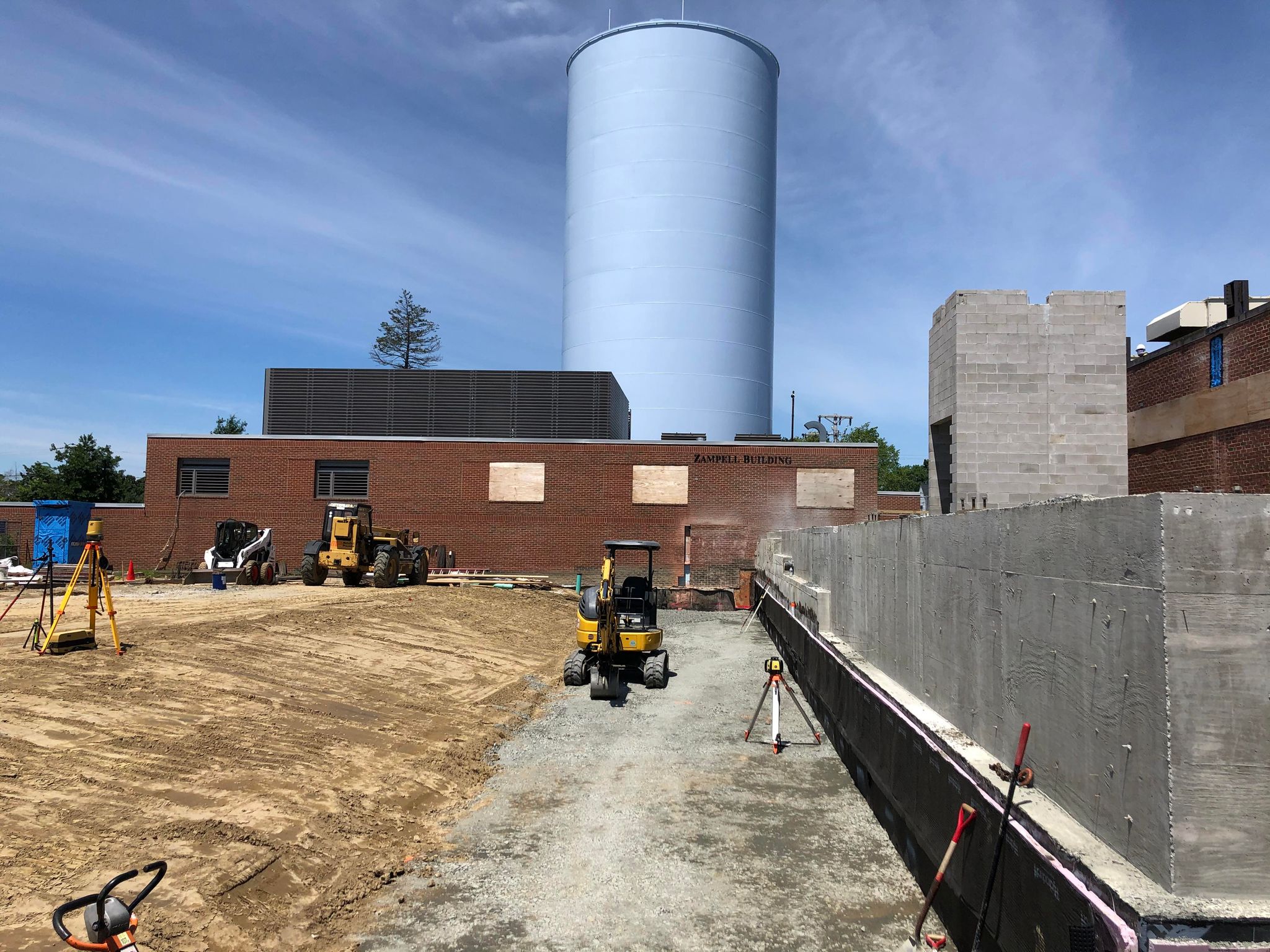Call us for quality, affordable, expert-level
construction project testing.
Company History
UTS has undergone tremendous growth since our founding in 1970. What started as a small testing shop which mostly outsourced its complex testing projects has grown into a firm that today employs over 80 licensed, highly skilled technicians and engineers, completely equipped with the finest and most modern laboratory and field testing equipment available.

Conscientious about the work
The dramatic growth of our company over 45 years has come about as a result of the high-quality testing services we provide, and our relentless commitment to “getting it right.” Our technicians, who are not only extremely qualified but also conscientious about their work, perform a wide range of laboratory and field testing, and monitoring services.
For more than four decades we had been actively engaged in quality control work for the construction industry, including more than 10,000 projects throughout New England and nationwide. Our clients have come to depend on UTS of Massachusetts for quick response and creative solutions to problems that may arise during virtually any phase of construction process.
Company Profile
UTS of Massachusetts, Inc. is a corporation founded in 1970 in the Commonwealth of Massachusetts. For more than 45 years we have been actively engaged in quality control work for the construction industry throughout New England and at sites nationwide.
We are licensed to perform a wide variety of highly technical and critically important construction project testing tasks by the Commonwealth of Massachusetts, under license No. CTL-009. Further, we are certified by the U.S. Army Corps of Engineers, the AWS (American Welding Society), the ASNT (American Society for Non-Destructive Testing) and the ICC (Interstate Commerce Commission, a federal government agency). We are also accredited by the AASHTO Accreditation Program. To ensure our continued excellent laboratory performance, our Stoneham MA-based testing facility is rigorously inspected by participation in CCRL services (such as regular inspections and concrete proficiency sample participation)
About the Cement and Concrete Reference Laboratory
In the early part of the 20th century, various organizations, including the National Institute of Standards and Technology (formerly the National Bureau of Standards), the U.S. Army Corps of Engineers, the American Society of Civil Engineers, ASTM Committee C-1 on Cement, and the Portland Cement Association, began efforts to standardize the specifications and methods for testing portland cement.
This eventually lead to the establishment of the Cement Reference Laboratory (CRL) in 1929 at NIST with ASTM Committee C-1 as its sponsor. Inspection of laboratories was designated as the primary CRL activity. Until 1947, laboratory inspections were limited to laboratories performing physical tests on hydraulic cements. The inspection activity was gradually expanded to include concrete testing and ASTM Committee C-9 on Concrete and Concrete Aggregates became a joint sponsor in 1958.
The name Cement and Concrete Reference Laboratory (CCRL) was adopted in 1960. The CCRL Laboratory Inspection Program has expanded in scope over the years to include cement, concrete, aggregate, steel reinforcing bars, pozzolan,and masonry materials (mortar and solid units). Over 1100 laboratories in the United States, Canada and Mexico currently receive inspections.
The second major CCRL activity is the distribution of proficiency samples for interlaboratory testing. The first portland cement sample was distributed in 1936. Samples have been added over the years with the current program including portland cement, blended cement, masonry cement, portland cement concrete, pozzolan, and masonry materials (mortar and solid units). Participation levels varies from 46 laboratories in the masonry mortar program to 1106 in the portland cement concrete program.


About the AASHTO Accreditation Program (AAP)
The AASHTO Accreditation Program (AAP) formally recognizes the competency of thousands of testing laboratories to perform specific tests on construction materials. In addition to being the largest accrediting body in the construction materials industry, the AAP is also the most widely accepted. AASHTO-Accredited laboratories have proven their commitment to quality and can set themselves apart from their competitors.


AASHTO works to educate the public and key decision makers about the critical role that transportation plays in securing a good quality of life and sound economy for our nation. AASHTO serves as a liaison between state departments of transportation and the Federal government. AASHTO is an international leader in setting technical standards for all phases of highway system development. Standards are issued for design, construction of highways and bridges, materials, and many other technical areas.
AASHTO serves as a catalyst for excellence in transportation by offering:
- Smart solutions and promising practices;
- Critical information, training and data;
- Direct technical assistance to states; and
- Unchallenged expertise.






Very professional and skilled civil engineer technicians, particularly the Geotech Department
Scott Smillie




